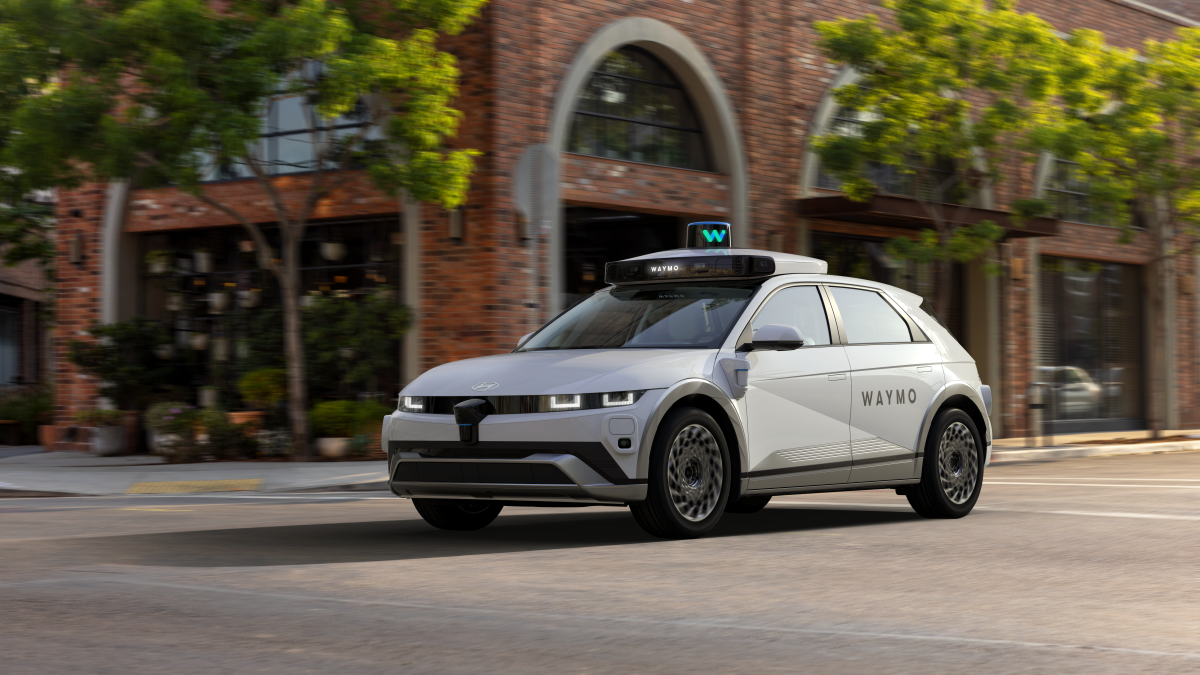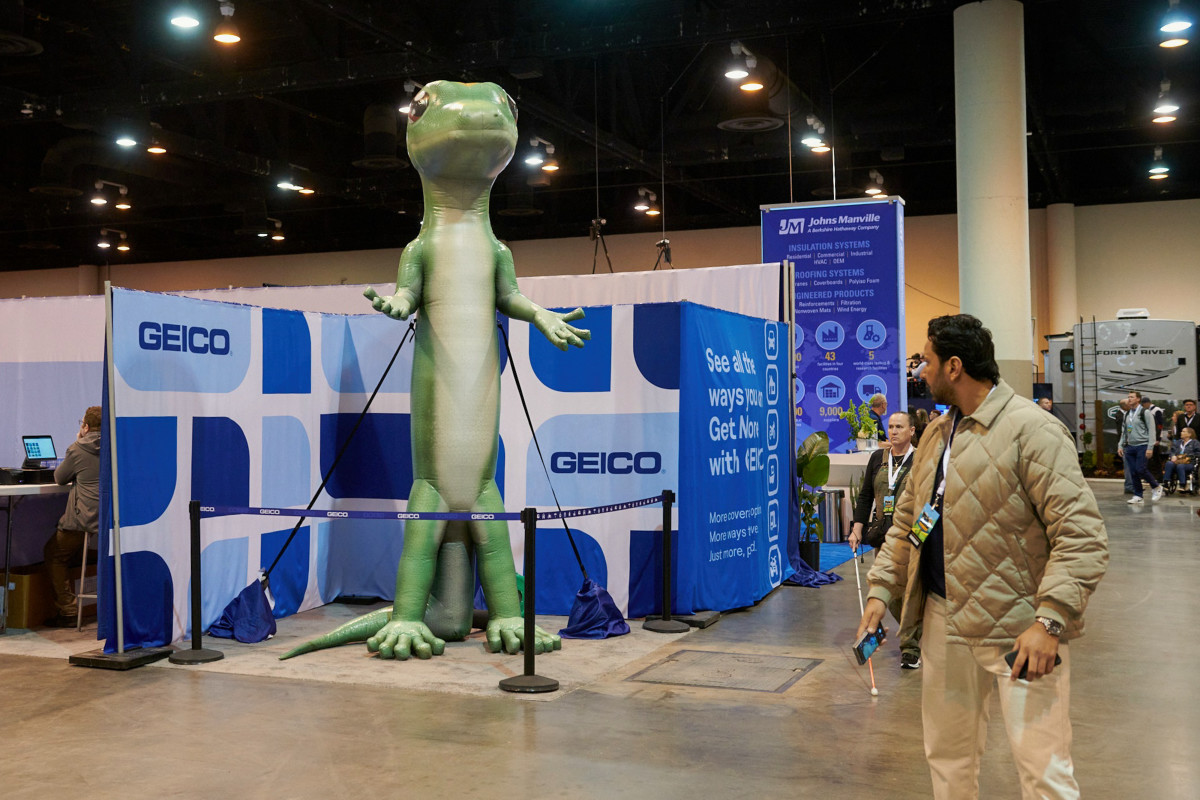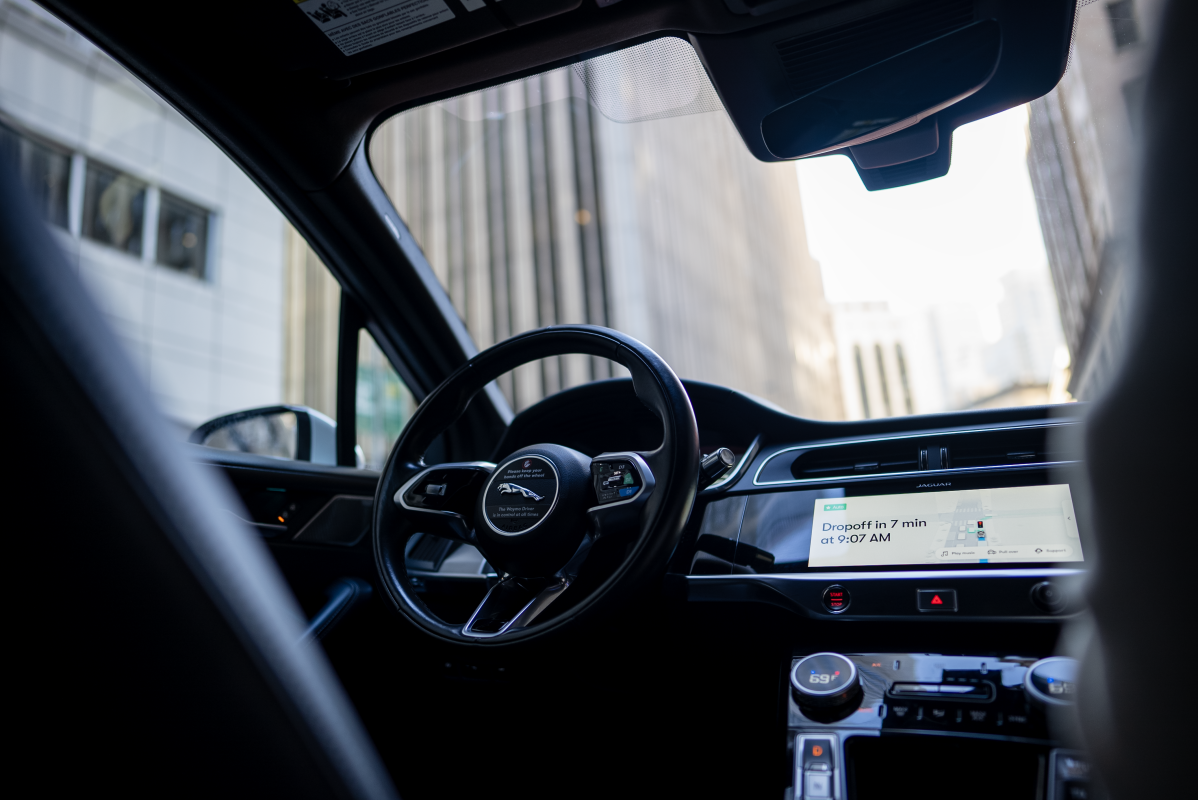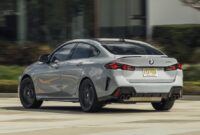Berkshire Hathaway shows calm judgment regarding the advancement of self-driving vehicles.
The mega corporation Berkshire Hathaway has shared its perspective on the increase of
self-driving vehicles
and how it expects the tech to impact its most profitable segment of insurance, which its auto insurance subsidiary GEICO primarily drives. In Q1, Berkshire Hathaway’s income from insurance underwriting and insurance investment registered at a combined $4.23 billion, or 43.9% of its total operating earnings,
The Motley Fool
reports. Ajit Jain, Berkshire Hathaway’s vice chairman for insurance operations and a key force at GEICO, noted during the company’s annual shareholder meeting last week that as driving shifts from human behavior to complex machine processing, insurance needs to shift from compensating drivers to insurance automakers, software developers, and the intricate logistics in these vehicles’ code preventing accidents.

“There’s no doubt that car insurance will undergo significant changes as soon as self-driving vehicles become commonplace,” Jain stated during an interview.
WebProNews
“Much of the insurance being traded focuses on mistakes made by operators.” Additionally, they pointed out, “If these new autonomous vehicles prove to be safer and get into fewer crashes, then this type of insurance won’t be needed as much. However, as you [the audience member] suggested, it could be replaced with product liability instead.”
Tycoon Warren Buffett shares his thoughts
The CEO of Berkshire Hathaway, 94-year-old Warren Buffett, recently declared that he would step down from his role by the close of 2025. During Berkshire Hathaway’s yearly shareholders’ gathering on Saturday, Buffett addressed his views on driverless cars and auto insurance, stating, “We adapt to how things evolve.” He further emphasized that despite advancements like self-driving vehicles, they won’t significantly impact Berkshire Hathaway’s insurance earnings. This assertion comes after noting that an annual GEICO policy cost roughly $40 back when he began work at the firm in the early ’50s; today, such policies commonly range near $2,000 each year, even with improved road safety conditions.
Throughout that period in the 1950s, the fatality rate in automobile crashes dropped from approximately six deaths per 100 million miles traveled down to just above one,” Buffett stated, as reported by WebProNews. “Cars have thus gotten significantly safer; however, purchasing an insurance policy today can cost about 50 times more.
Jain thinks that vehicular crashes may decrease with the advancement of self-driving vehicles; however, he anticipates that fixing these cutting-edge models equipped with multiple sensors and packed full of computers could become more expensive. Additionally, this Berkshire Hathaway leader forecasted that the shift within the auto insurance sector towards product liability coverage would mark one of the most significant changes ever experienced by the industry.
Final thoughts
The revolution of autonomous vehicles is happening now, and as a result, a significant transformation in the auto insurance sector could occur faster than anticipated. Waymo, recognized as the global frontrunner in self-driving ride-sharing services, is at the forefront of this change.
states in a recent report
That its vehicles have surpassed human performance metrics after logging 56.7 million miles. The autonomous software firm reported that their self-driving taxis led to an 92% decrease in pedestrian-related accidents causing injuries, a 96% drop in intersection collisions resulting in injuries, and an 85% reduction in incidents leading to severe or critical injuries.

Additionally, on April 28,
electric
XPeng Inc., an automaker, has introduced a smart driving insurance service designed to provide extra protection when using its NGP (Navigation Guided Pilot) advanced driver assistance feature. The NGP provides Level 3 autonomy from a possible five levels, allowing for mostly hands-off operation though requiring immediate intervention during emergencies. As we await widespread adoption of fully automated vehicles, the integration of these semi-autonomous systems into our current traffic mix may soon make car insurance a more lucrative business due to the growing presence of such technology among regular cars.




